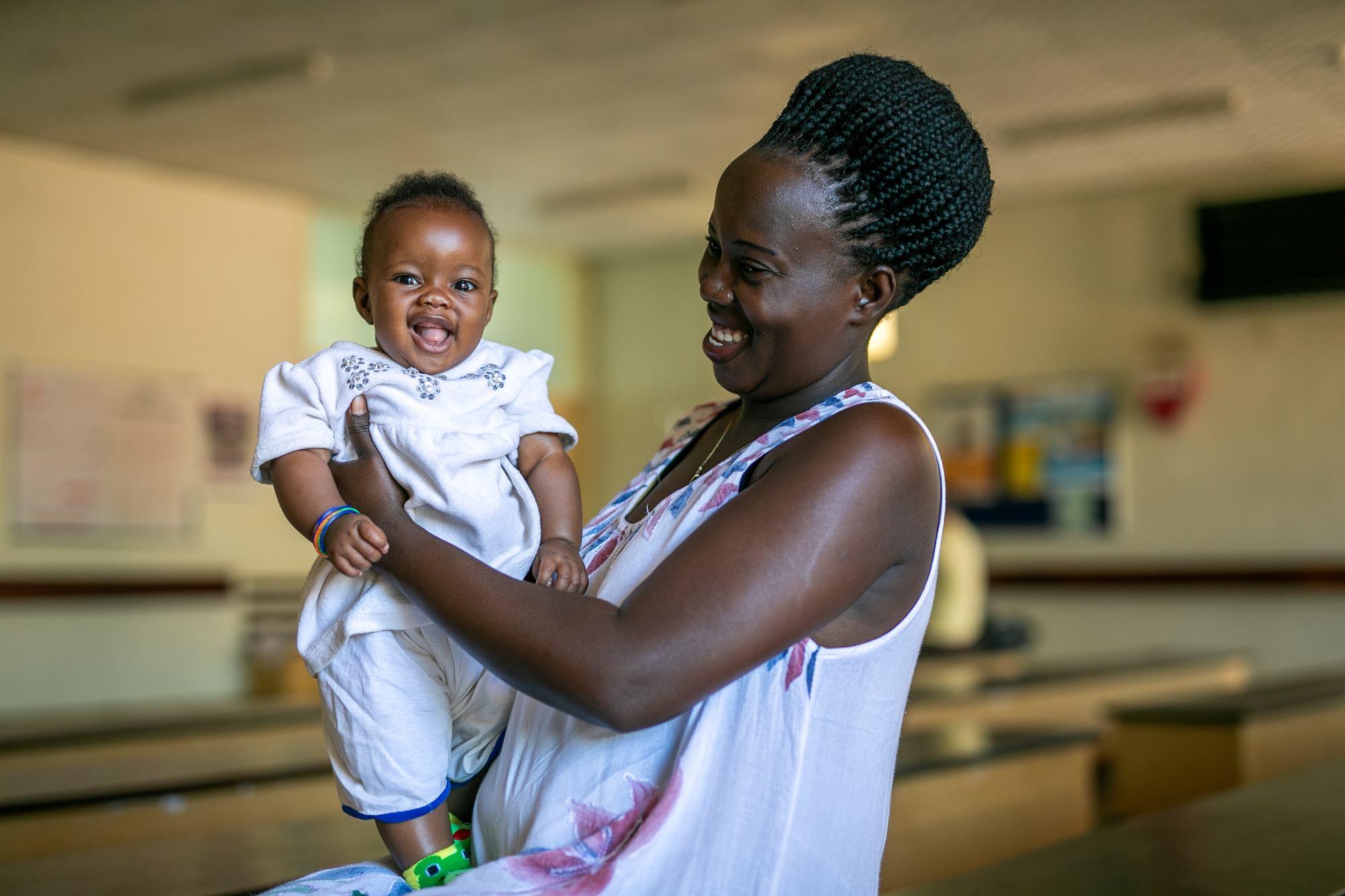Every January brings its own kind of energy, and already I’m excited for the progress on the horizon. This year, we are leaning into innovative ways to save lives, especially in areas where small amounts of money can lead to a significant impact.
To make this concept real, the Gates Foundation delivered a little show-and-tell at the World Economic Forum in Davos this month. Our co-chair, Bill Gates, carried a backpack filled with several samples of low-cost health interventions. For example, the postpartum hemorrhage drape, a plastic tarp with a cup built in to measure blood loss post-birth, indicates whether the mother urgently needs life-saving treatments. This Future of Health bag also included inexpensive contraceptives, micronutrients, HPV vaccines, and an AI-enabled portable ultrasound that can predict a normal vs. complex delivery. Such simple, affordable tools will have profound effects on moms and their newborns.
As our CEO Mark Suzman wrote in his annual letter, “Of course, it’s not just the very wealthy who can make a difference. Small donations, taken together, make an enormous impact.” And that’s what we’ll be focused on this year- supporting low-cost, high-impact solutions that can make a tangible change in the lives of so many around the world.
Even a couple of dollars’ worth of antibiotics can save a child's life. Azithromycin has been used for decades to treat a variety of conditions—from diarrhea to sinus infections to neglected tropical diseases— and has reduced deaths by at least 13% each year. The Gates Foundation is supporting a program called REACH, for Resiliency of azithromycin for children, which is researching whether the mass distribution of azithromycin to all children under five is safe and effective. To date, REACH has treated over 1 million children in seven countries in sub-Saharan Africa. With an average cost of $1-3 per dose, azithromycin is affordable and easy to administer to children as young as one month old. And donors to GPP are having a direct impact here, as REACH is at the top of our agenda in 2024!
As you can see from the examples I’ve shared, maternal and newborn health will be a priority this year, building on the momentum of our most recent Goalkeepers Report on innovations that can save the lives of mothers and children. GPP already channels donations through our Empowerment & Opportunity Fund, which includes a family planning stream that prioritizes increasing access for women and adolescents to decide if and when they are ready for pregnancy and ensuring healthy timing and spacing of those pregnancies. Watch this space for a new way to fund women’s health through GPP later this year.
The future of public health does not have to be complicated. We will continue to seek out low-cost interventions that can make a big difference, especially for the lives of mothers and babies. If this is the kind of impact you would like to make with your giving this year, or if you would just like to learn more, email us at [email protected].


